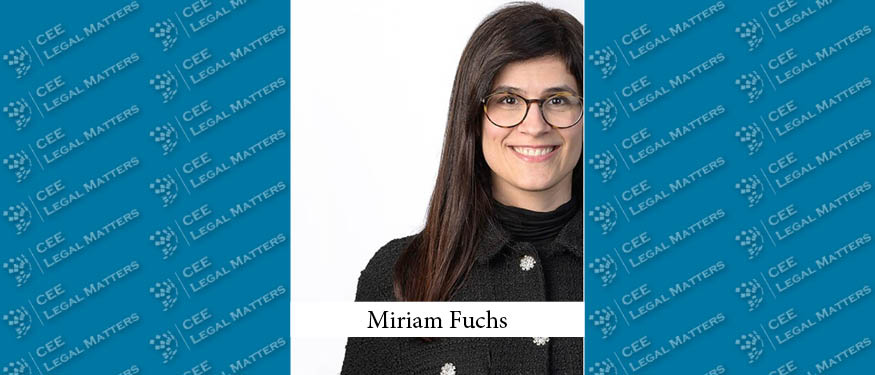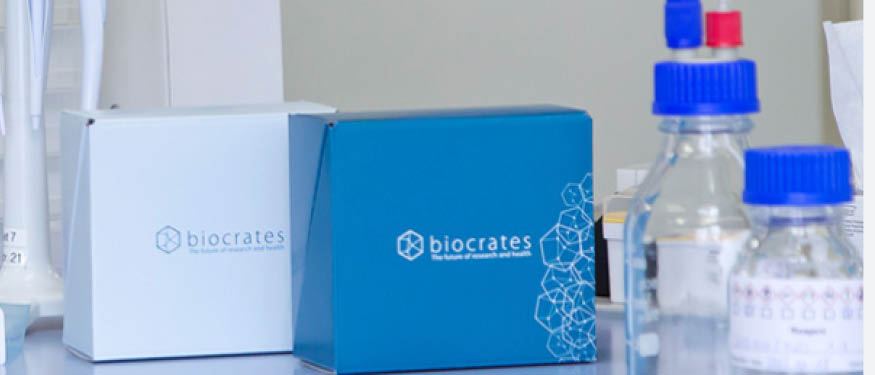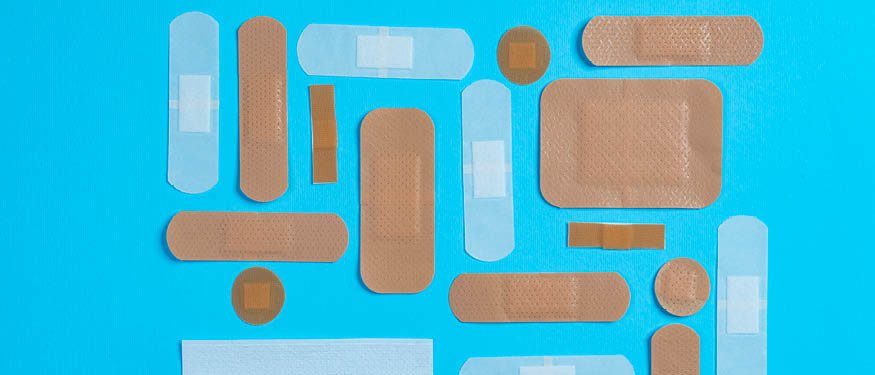As part of the broader effort to harmonise national legislation with the EU General Data Protection Regulation, the Albanian Data Protection Commissioner issued Instruction No. 2, dated 30 April 2025 (Instruction No. 2), on the protection of personal data in the health sector. This Instruction repeals the previous 2020 framework and establishes a comprehensive set of rules governing the collection, use, and disclosure of health and genetic data.
Hungary Centralizes Inventory Management for Medical Consumables
On 26 May 2025, the Hungarian Government published Government Decree 110/2025. (V. 26.) (the Decree), introducing a mandatory centralised inventory management regime for medical consumables used by public healthcare institutions. The Decree amends the regulatory framework under:
CMS Advises Bruker on Acquisition of Austria’s Biocrates Life Sciences
CMS has advised Bruker Corporation on its acquisition of Biocrates Life Sciences.
MFW Fialek Advises Novastone Capital Advisors on Sale of Formeds Group to Enterprise Investors
MFW Fialek has advised Novastone Capital Advisors and the remaining shareholders on the sale of Formeds Group to Enterprise Investors.
TGS Baltic Advises OneMed on Acquisition of ITAK in Estonia
TGS Baltic has advised OneMed on its acquisition of ITAK.
Schoenherr Advises on Sale of MyBestPharm to Urgo Healthcare
Schoenherr has advised the shareholder of MyBestPharm on the sale to Laboratoires Urgo Healthcare. DLA Piper reportedly advised the buyers.
Sorainen Advises SafePAS on EUR 700,000 Investment Round for Portable Drug Detection Technology
Sorainen has advised SafePAS on a EUR 700,000 investment round that saw the participation of Securetec Detektions-Systeme, the Estonian Business Angels Network, PurposeTech, BSV Ventures, and the Beamline Accelerator.






















